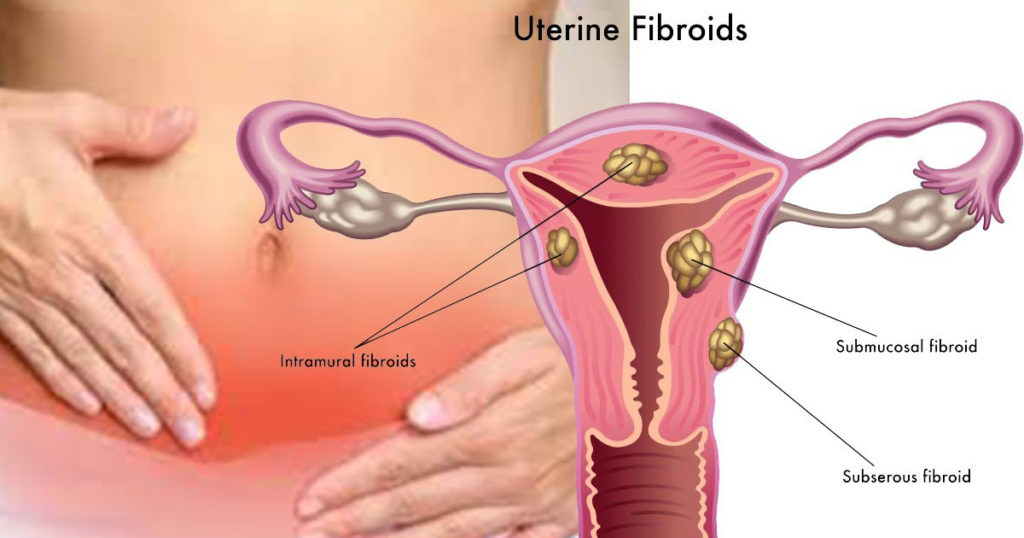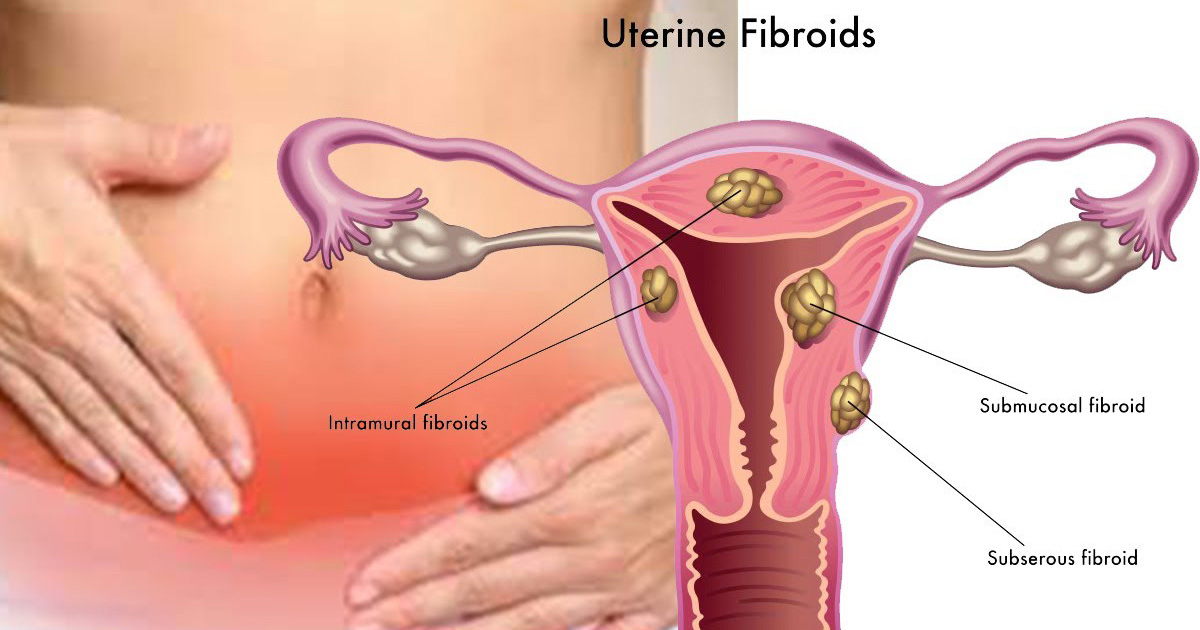
Fibroids are a common problem among women aged 35 years and older. While they are not cancerous, they can lead to numerous problems, including pelvic discomfort, heavy periods, and frequent urination. However, did you know that fibroids can also cause weight gain? Some fibroids are tiny and hard to notice, while others may have a weight of as high as 20 pounds. The heavy fibroids can bring extra weight to your abdomen, and cause pain and bloating. If you’re experiencing such a problem, you can turn to the womens healthcare physicians OBGYN.
Fibroid Definition and Symptoms
Fibroids are benign (non-cancerous) tumors that grow within the uterus. About 70-80% of women encounter fibroids in their life, but not all of them develop symptoms or need treatment.
Some fibroids are so tiny that they can only be identified through a pelvic assessment, and can stay painless. Menstrual hormone swings and pregnancy can release an estrogen surge, causing the fibroid(s) to increase in size.
Symptoms of troublesome fibroids include:
- Persistent pelvic pain
- The urge to urinate more frequently
- Constipation
- Backache
- Leg pain
- Long menstrual bleeding and cramping
- Painful intercourse
Some of the risk factors for developing fibroids include high blood pressure, obesity, family history, or being over 30 years old. Medical research has also shown that African American women are at a higher risk of developing fibroids.
Weight Gain with Fibroids
Small fibroids or those that are starting to develop should not cause you to gain weight. Such fibroids are usually unnoticeable. However, when they’re left to grow bigger, you may start to notice some changes.
For starters, they can cause your tummy to stick out, as your uterus enlarges to take in the fibroid growth. Since the uterus adjusts a lot to fibroid development, some women experience physical changes that are similar to the ones seen in pregnancy.
A uterus that is free of fibroids and not with a child is usually pear-sized and tucked into the pelvis. With pregnancy, the uterus is discernible at the pelvic bone by 12 weeks. By that time, it was as big as a grapefruit. If you have a 6-inch fibroid in your uterus, you will note a similar change.
Moreover, fibroids can bring a bloated feeling. Since they alter the uterus’ size and shape, they may place pressure on your gastrointestinal system, making it harder to pass bowel movements. The bigger uterus can also make it more difficult to empty the bladder fully and cause your kidneys to swell.
Putting together all the factors above, you may end up looking heavier, even without changing your diet plan and exercise routine.
Final Words
Fibroids that are left to grow can cause an increase in weight, and also cause other symptoms, like bloating. If you are noticing an unexplainable weight gain, it may be because of fibroid growth. Put into consideration whether you’re displaying any of the typical symptoms of fibroids. After that, assess if you have changed the way you eat, or whether you have followed your exercise plan consistently. If you find that you cannot explain your increase in weight, maybe you need to consult an OBGYN for a pelvic checkup. The growth in fibroids can be controlled with proper medical care, and get you back to your normal life.
